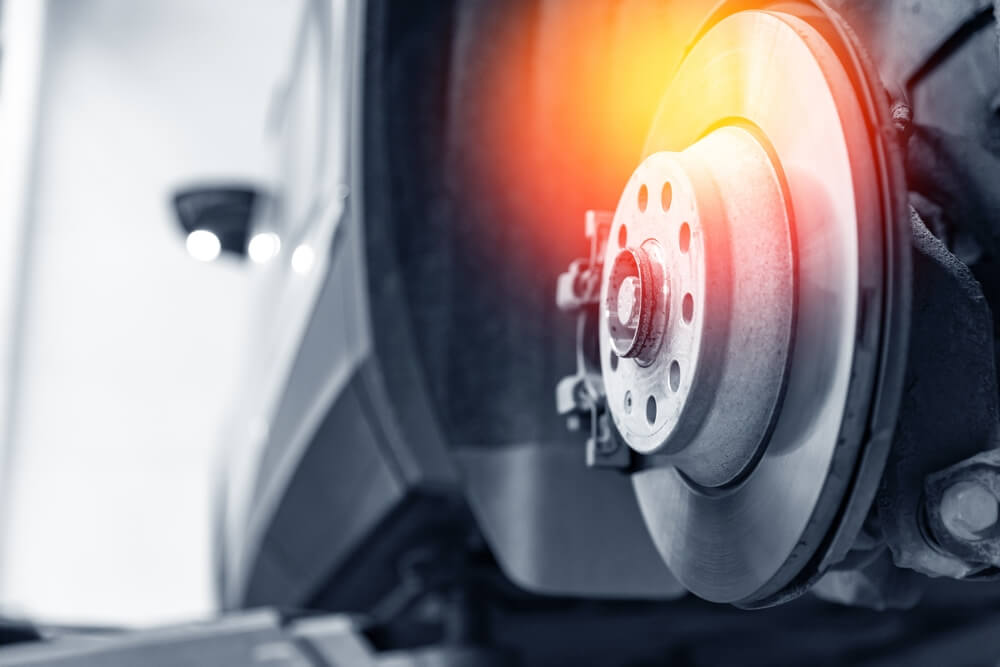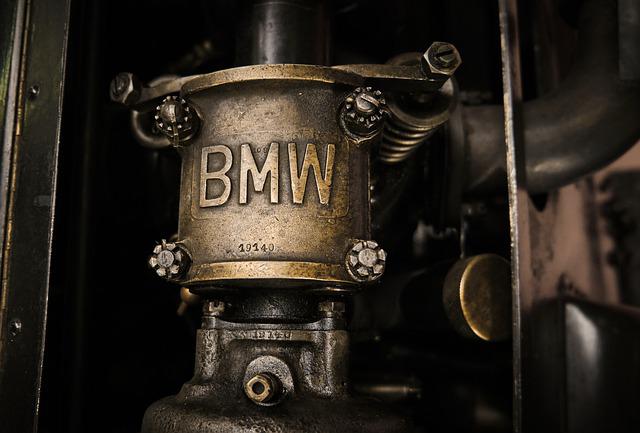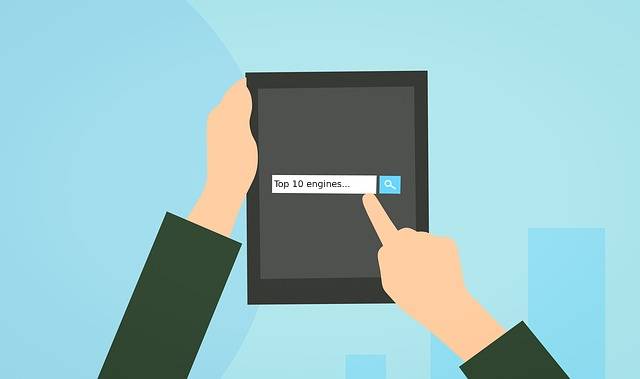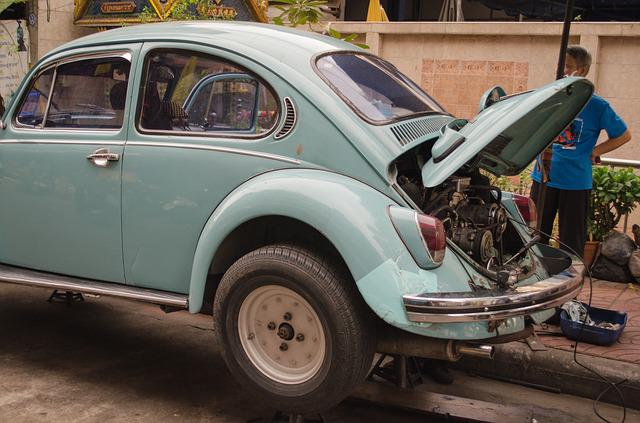Check Brake Lines: They Can Cause Some Serious Damage
Find Used Engines and Transmissions for a Great Price! Live Assistant For Used Engines Call 1800-518-9776

The brake system on your car is unquestionably one of its most important safety features. The brake lines are frequently disregarded, yet they are an equally important component of this system. Brake line maintenance neglect can have serious repercussions, such as accidents and expensive repairs. In this blog post, we'll discuss the significance of inspecting your brake lines, potential problems to watch out for, and the implications of damaged brake lines.
Importance of brake lines
For your brakes to work properly, brake lines, which are the arteries of your car's braking system, are in charge of transporting brake fluid from the master cylinder to the brake callipers or wheel cylinders. The most common materials for these lines are flexible rubber hoses or metals like steel or aluminium. Several crucial purposes are carried out by brake lines:
-
Transportation of brake fluid: Brake lines transport brake fluid to keep the hydraulic system adequately lubricated and clear of air bubbles, which can impair braking performance.
-
Transmitting hydraulic pressure: The master cylinder experiences hydraulic pressure when the brake pedal is depressed. The brake pads are then forced against the rotors or drums to slow down or stop the car as the pressure is transferred through the brake lines to the callipers or wheel cylinders.
Implications of damaged brake lines
-
Safety hazards: Damaged brake lines not only endanger the occupants of the car but also other drivers on the road. Inadequate braking can result in crashes, accidents, and injuries to other drivers, pedestrians, and you and your passengers.
-
Legalities: Operating a car with bad brakes is prohibited in many places, and you risk fines, having your car impounded, or even having your driver's licence suspended.
-
Braking performance: Over time, ignoring damaged brake lines may cause more serious brake system damage. Other braking parts, including callipers, brake pads, and rotors, can rust as a result of brake fluid leaks, necessitating costly repairs and replacements.
-
Brake failure: The possibility of brake failure is perhaps the most important consequence of damaged brake lines. Damaged or leaking brake lines allow air to enter the system, reducing the hydraulic pressure required for efficient braking. As a result, the brake pedal may become mushy or unresponsive, making it challenging or impossible to stop the car safely.
Signs for a brake line change
-
Apparent Damage: It's critical to repair the damaged brake line as soon as you discover apparent damage, such as rust, corrosion, abrasion, or physical fissures.
-
Brake Fluid Leaks: Any brake fluid leaks or damp areas near the brake lines are an obvious sign that something is wrong and has to be fixed right away.
-
Spongy Brake Pedal: A brake line leak or air in the system may be to blame for a spongy brake pedal or an abrupt loss of pedal feel.
-
Rust and Corrosion: Severe rust or corrosion on brake lines can weaken them and necessitate replacement.
-
Replace Brake Lines During Brake System Overhauls: It's frequently advised to replace the brake lines as a preventative measure while doing a thorough brake system overhaul, particularly if your car is older or has seen a lot of use.
Conclusion
Regular inspections, maintenance of braking performance, and rapid treatment of any problems will help prevent brake fluid leaks and guarantee your safety while driving. To maintain the optimal performance of your braking system, always seek the advice of a trained mechanic for complete brake line checks and replacements as required.
We might have something for you if you're looking to get your car's engine installed again. For your car, used engines and transmissions are available at Used Engines. More information is available if you go to your home page.
related
You May Also Like

Which BMW Has the Most Horsepower?
A car is useless if it doesn’t have good horsepower. Just imagine driving your car with sluggish acceleration and it drags on the road whenever you take it for a spin.
Read Article
10 Best Engines Made So Far By Top Engine Manufacturers
Over the years, the car industry has seen major changes. Car engines have become smarter and it looks like every new engine that rolls out is better than the other.
Read Article
How to Make Your Car Last Forever?
Isn’t it lovely when a new car works the way you want? The gears shift smoothly and the wheels roll without dragging against the road. But as your car gets older, you’ll notice that it doesn’t drive smoothly, has lower fuel mileage, and overheats easily.
Read Article